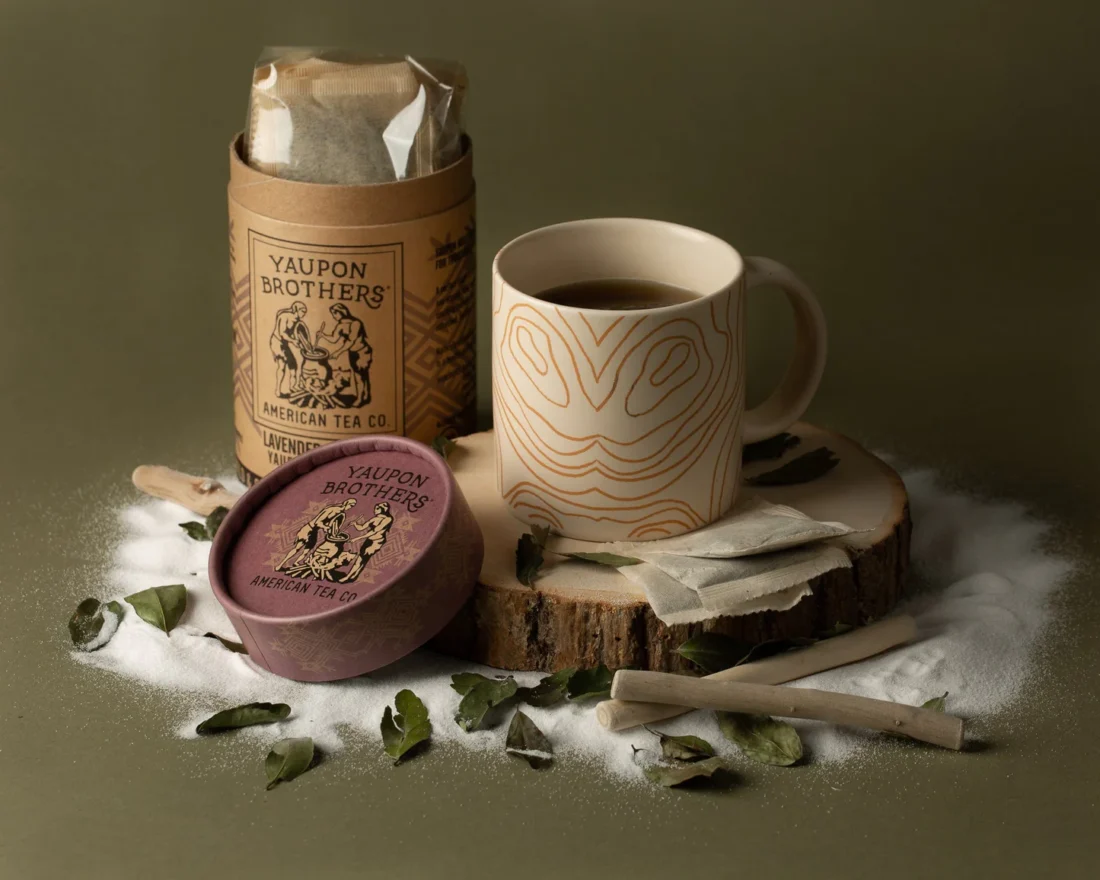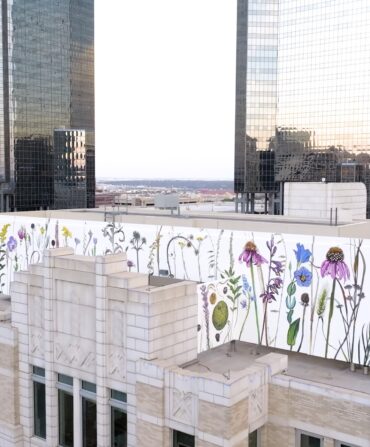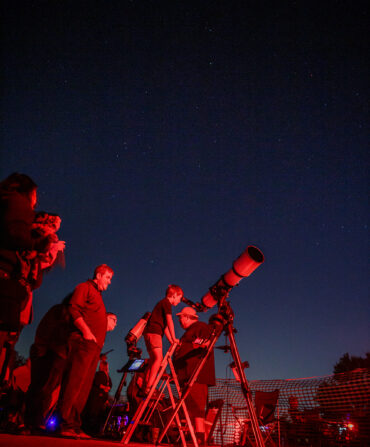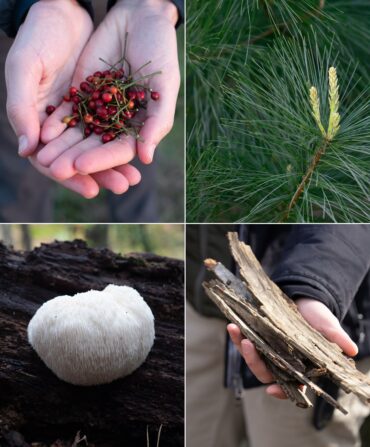Home to slippershell mussels, chicken turtles, red wolves, roseate spoonbills, and cave salamanders, the Southern United States is a region of astounding biodiversity—one that is increasingly under threat from development, pollution, and climate change. In fact, the Southeast has more threatened plant and animal species than almost anywhere else in the country, and it’s more important than ever to protect and support our wild places.
One way to do that is through sustainable shopping; after all, as consumers, we drive the markets and can spark a trend toward a greener future. Below, find an editor-vetted list of products—all of them made right here in the South—that make a contribution to conserving the incredible landscapes of our region.
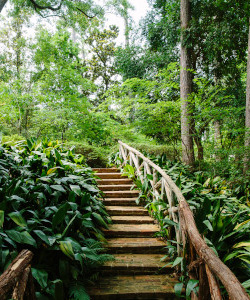
A clean wash
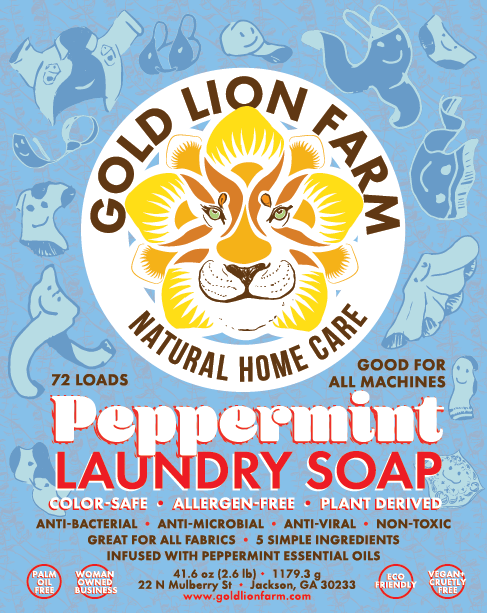
Georgia’s Gold Lion Farm offers a better way to wash clothes: They make powder laundry soap, not synthetic detergent. The mixture relies on saponified sunflower and coconut oils to lift stains, sodium percarbonate to restore whites, and peppermint essential oil to counter odors and leave clothes smelling fresh. You need just one or two tablespoons for a full load, and the product arrives in a compostable box. Do yourself and the planet a favor and order the whole kit, complete with soap, a stain-removing stick, peppermint spray, and dryer balls.
Fresh scents
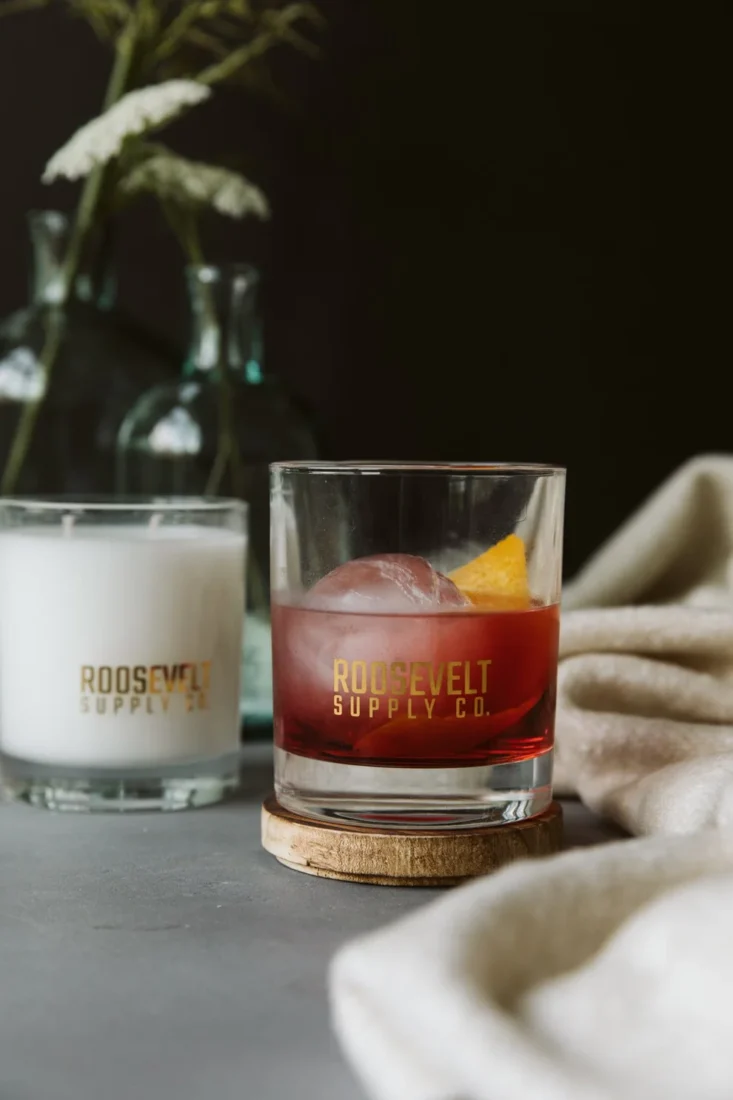
The Roosevelts Candle Co. specializes in scents that capture the spirit of national parks and other landscapes—including the citrus, bamboo, and jasmine of the Everglades and the santal, papyrus, and cardamom of the Smoky Mountains. Fittingly, the Nashville company goes above and beyond for conservation: A tree is planted for every candle sold; the containers are reusable (some even turn into whiskey glasses); the fragrance is chemical free; the wax itself is made of soy, coconut, and beeswax; and a portion of their proceeds go to organizations protecting the parks that inspired their candles in the first place.
Homegrown tea
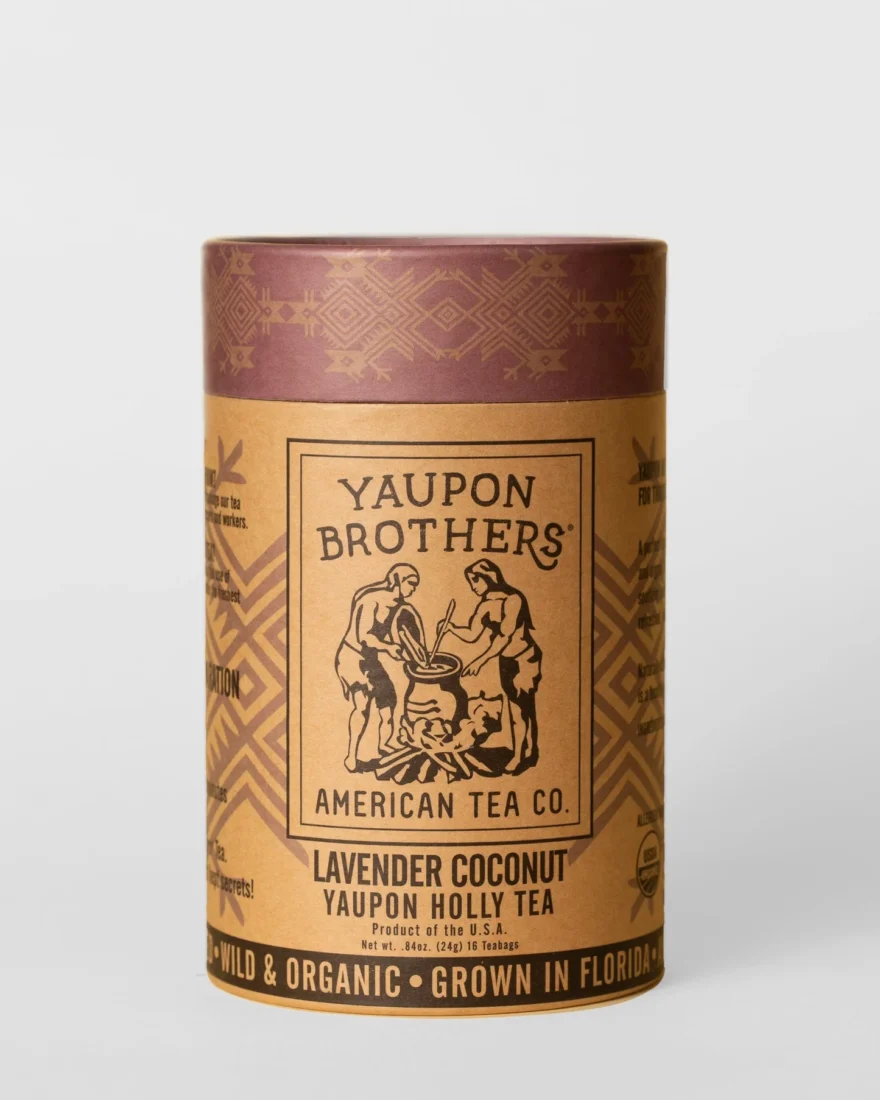
“The United States imports a quarter million tons of tea a year so we can dunk a bag in hot water for five minutes and throw it in the trash,” says Floridian Bryon White of Yaupon Brothers American Tea Co., G&G’s own 2023 Made in the South Awards sustainability winner. The company has an antidote to the energy-inefficient import: Yaupon holly, the only caffeinated plant native to the South. Leaves handpicked on organic farms in Florida, Mississippi, and Alabama are dried, roasted, and packaged into compostable tea bags with flavors like the best-selling lavender and coconut.
Elegant endurance
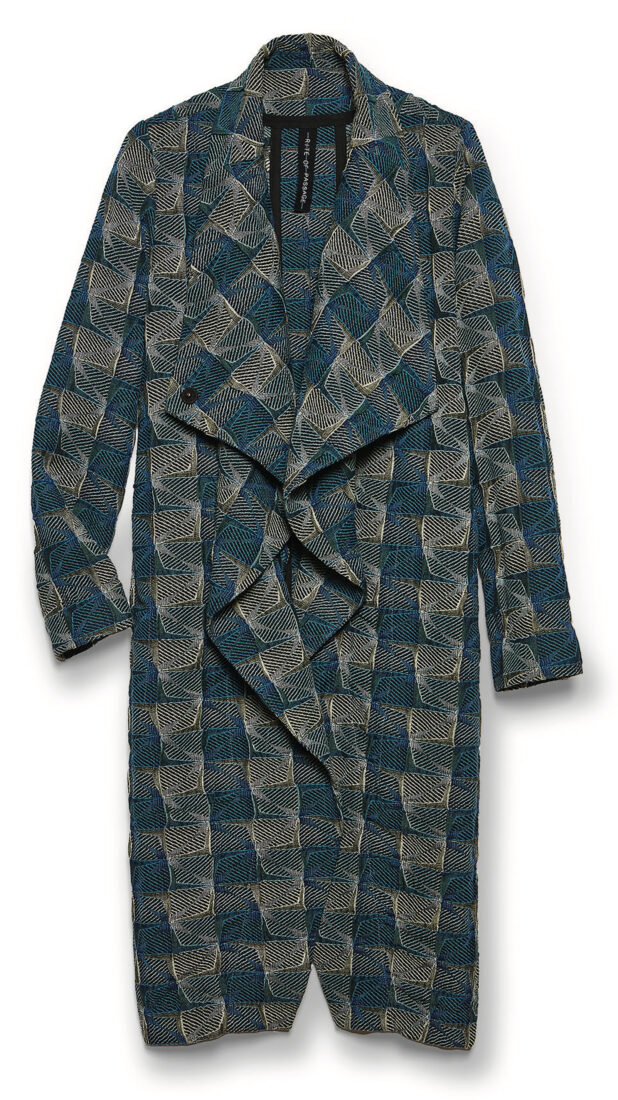
North Carolina clothing producer Rite of Passage is an answer to a lack of sustainability in the fashion industry, which produces around 2 billion tons of greenhouse emissions per year globally, to say nothing of the 92 million tons of annual clothing waste. Its sophisticated garments, which earned a 2023 Made in the South Awards nod, are made with natural fibers, Jacquard textiles, and repurposed fabrics built to last, and leftover scraps become one-of-a-kind pieces for sale in their Asheville retail shop.
Greener groves
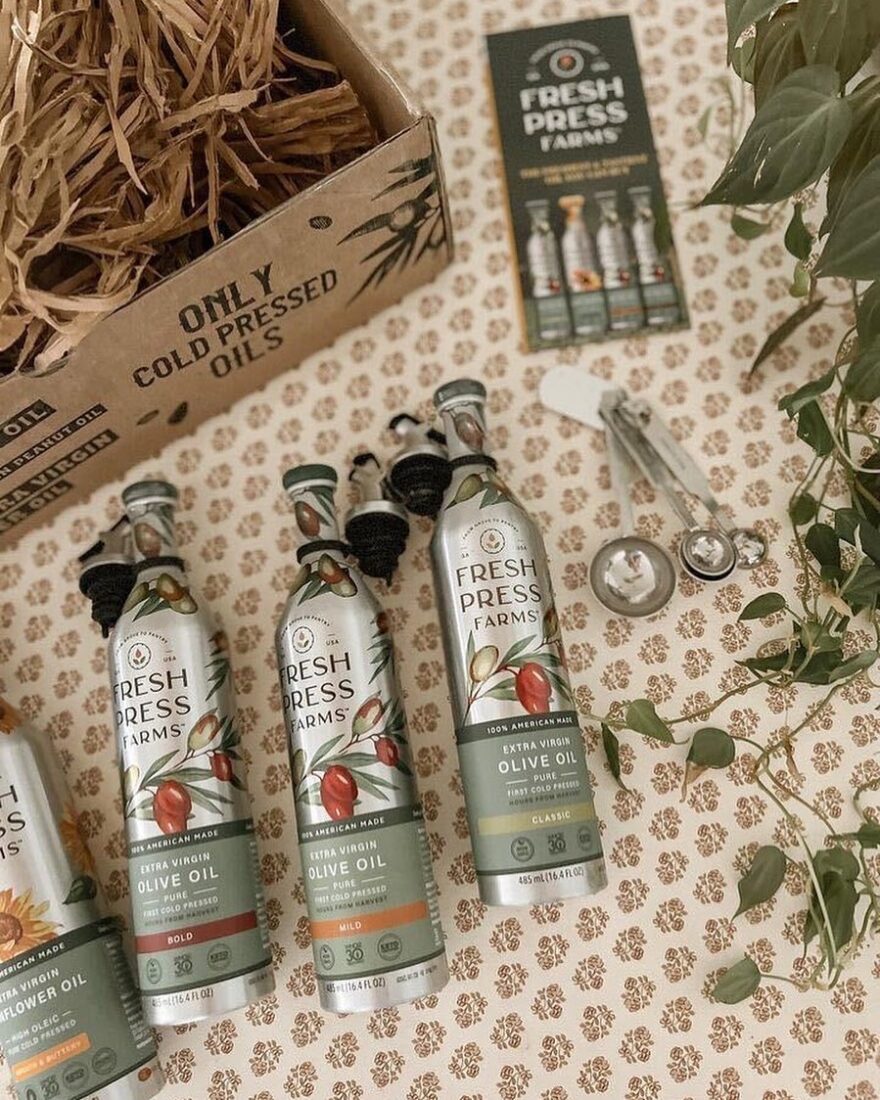
As the only olive farm in the country to conduct every step of the olive-oil-making process on site, Fresh Press Farms harvests olives from 2.1 million trees on their Southwest Georgia property, cold-presses them in a mill smack in the middle of the groves, and bottles the bounty immediately for maximum freshness. Sustainability doesn’t stop there; the pits are tilled into the ground to become fertilizer, and a drip irrigation system conserves water year-round.
Buzzing bounty
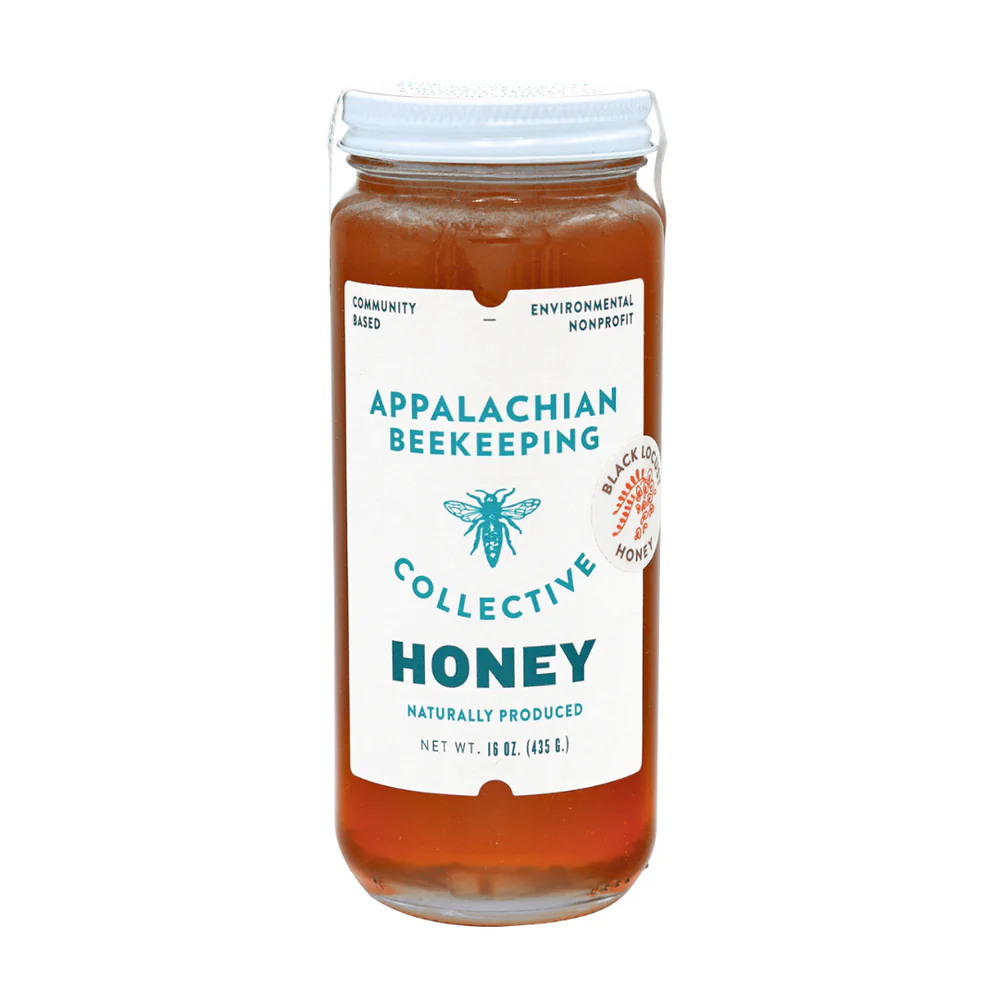
The Appalachian Beekeeping Collective is a honey-producing nonprofit—and our 2021 Made in the South Awards food winner—that benefits both people and pollinators in West Virginia. The organization provides bees and equipment to partner beekeepers in economically distressed Appalachian communities. The bees don’t visit pesticide-sprayed agricultural fields for pollen and nectar; they buzz around Appalachian forests, a difference that shows up in the taste of delicate, floral honeys like the Black Locust.
Brilliant brew
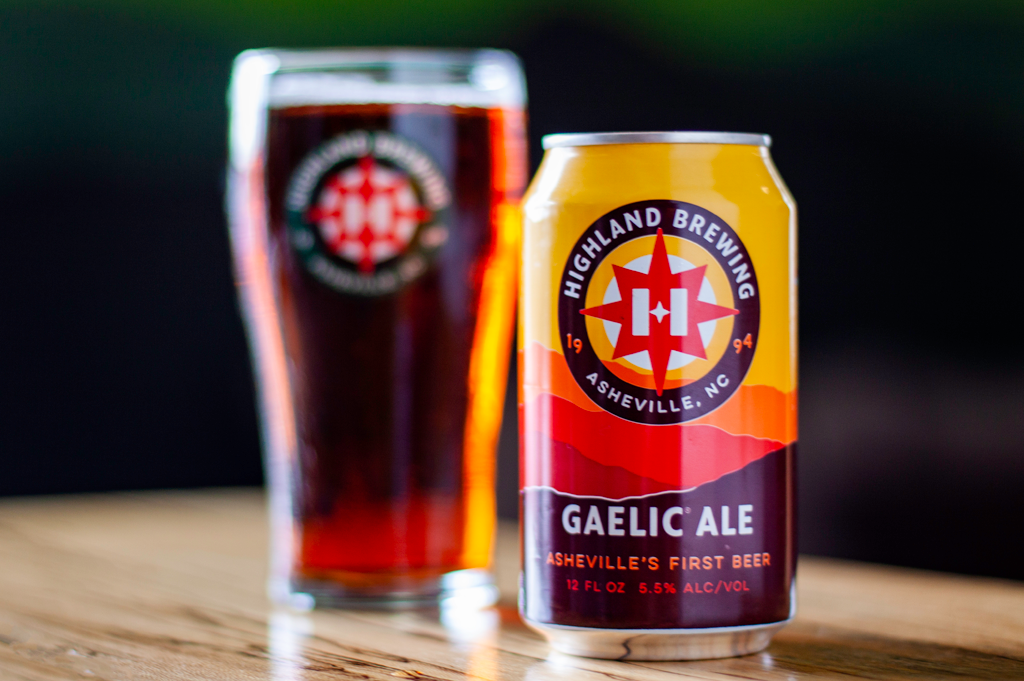
Not only does Asheville, North Carolina’s Highland Brewing make great beer, it does so by harnessing the power of the sun. The brewery boasts the sixth-largest solar array of all independent craft breweries in the country, generating more power than they use on sunny days, all while producing favorites like the Gaelic Ale and Highland Pilsner.
Scrappy fashion
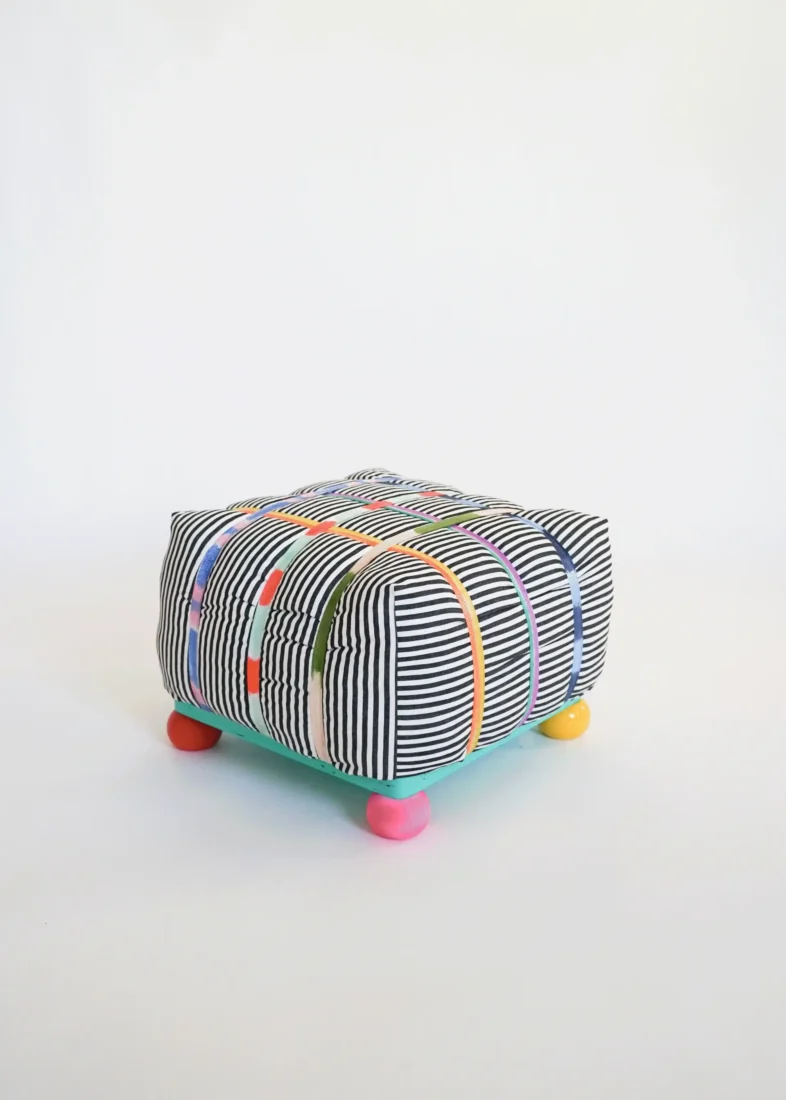
Most of the quirky garments and decor from State the Label come directly from a team of seamstresses based in the company’s Athens, Georgia, storefront and studio space. Entire lines are devoted to combating the global statistic that less than 1 percent of the material used to make a piece of clothing ends up being recycled into a new garment. The frocks and smocks all come from deconstructed men’s button-down shirts, and this fun seat is made from fabric scraps living their second life.
Read about eight more sustainable Southern products here.
Lindsey Liles joined Garden & Gun in 2020 after completing a master’s in literature in Scotland and a Fulbright grant in Brazil. The Arkansas native is G&G’s digital reporter, covering all aspects of the South, and she especially enjoys putting her biology background to use by writing about wildlife and conservation. She lives on Johns Island, South Carolina.


